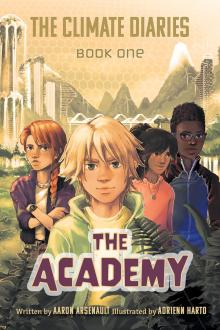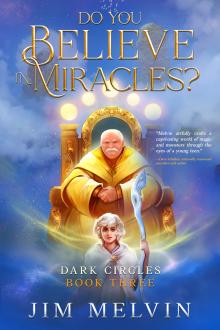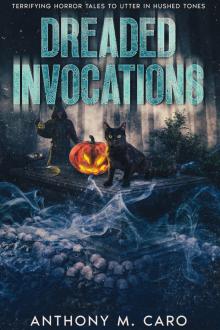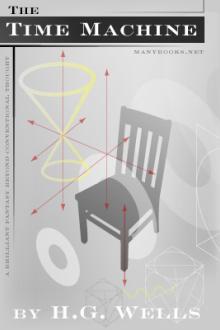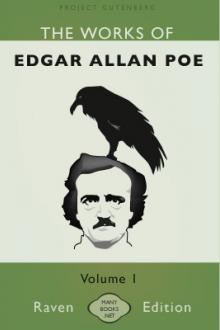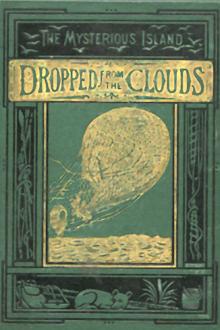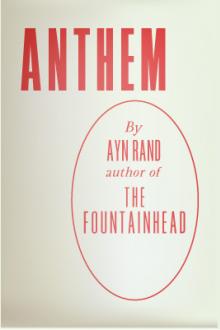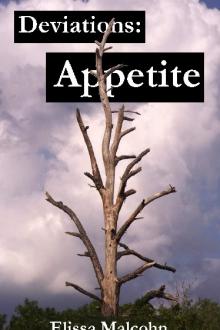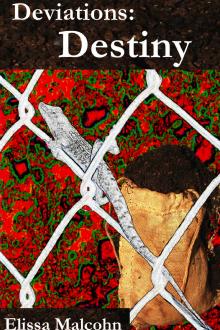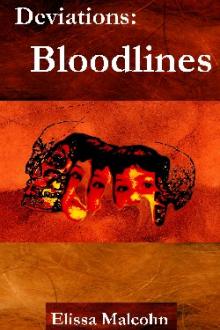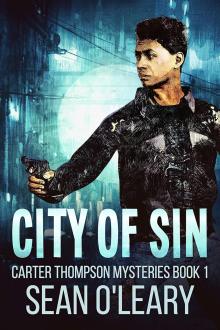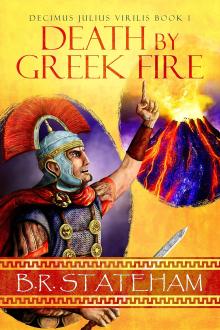Deviations: TelZodo
Deviations: TelZodo
Fifteen years have passed since Rudder annexed Promontory. Seventeen years have passed since the Covenant's destruction. Born in-between those two events, TelZodo is coming of age in Crossroads. And he is in trouble. He should have been a scientist like his parents, Ghost and Piri, but the lab and its corpses terrify him. His freedom from Yata dependence made him a celebrated hybrid child, but he is sterile. Living as a whore and driven to the brink of madness, TelZodo's only salvation is to return to his birthplace, Promontory, a city that once wanted him dead. Living in Promontory and hobbled by poor health, TripStone's life is equally bleak. The region's austerity has made her hard, and the last thing she wants is a visit from Ghost's "crazy" son. TelZodo's arrival plunges them into a battle of wills that strips them down to their emotional cores, leaving them no choice but to face their personal demons together -- if they don't kill each other first.
Book Excerpt
remember, even with his quickened Yata growth.
The demon pulled him in, stroking. Squeezing. They rolled on the ground. His balls clenched as though they were worth the trouble. His whole body was a liar, swallowing his miraculous birth and then spitting it out. So much promise, locked away and forever out of reach.
He smothered her in his lap as he spasmed. Filled her stomach with void. He let go of her hair and dropped limp out of her mouth.
She collapsed against him in cloying musk, too spent and too numb to talk. But she nodded when he held up his fist. Insatiable. Trying to forget as much as he was. The old ones, the ones who remembered the Covenant, always managed to keep up with him.
TelZodo opened up the tin, dipped into the cream, and smiled at her breathing grown heavier. He coated her first, slipping from her clitoris to her labia, his other hand caressing her anus. He teased her with a fingertip while his other hand unfolded its slathered fist and began its gradual cra
FREE EBOOKS AND DEALS
(view all)Popular books in Fantasy, Science Fiction, Post-1930
Readers reviews
5.0
LoginSign up
Read this book. Do read this book. Particularly, perhaps, if you've wandered into the Fantasy section in an idle moment and are slightly embarrassed to be here. However, if you are new to Elissa Malcohn, don't read TelZodo yet - start at the beginning of the Deviations series and work through. My only substantial criticism of this novel is its beginning. The action commences 15 years after the preceding 4 novels in the series and the introductory chapters go through lots of catching up which is rather slow going, despite (or because of) all the sex, and might well discourage readers meeting the characters and situation for the first time. Once over this initial bump the novel is very well crafted, and hard to put down.
Malcohn is a very thoughtful story teller. Together, the Deviations series employs an ethnographer's 'thick description' to explore how two races deal with the intractable fact that one, the Masari, must eat the flesh of the other, the Yata, to survive. At one level the stories focus on the detail of culture; the artefacts and rituals and the social obsession with drinking herb tea. At the same time, Deviations deals with the ethical, political, economic and emotional consequences. Its characters are complex and evolving; none of them have unchallenged possession of the moral high ground. 'Malcohn's World' consists of a series of contrasting but linked pairs of communities (one Masari, the other its Yata meat-source) which each operate a different means of delivering Yata meat; from a religious sacrifice, via bouts of contained warfare, to a card game. The Masari as well as the Yata become a food source, and Malcohn looks long and hard on the 'human' costs of killing sentient beings for food.
The stories traverse an increasingly claustrophobic geography which pins the resulting flux of power, sex, violence and trade to the varied topographies of these communities. The plot ranges across warfare, economic change, resource scarcity, industry and wage labour, science and its limitations.
Since Telzodo deals with a period fifteen years after the earlier novels, the thematic focus of this novel also extends an earlier theme about history, memorialization and the cultural and emotional need to recover and register the past, in particular its atrocities. Characters live on through the written traces they leave in the record and the act of remembering, recuperated from the earlier era of sacrifice and atonement for the killing, becomes central to Telzodo's sense of self. Being half Yata and half Masari, Telzodo is also caught in the predicaments of mixed race, which also come to haunt these societies. There are echoes here of the impact of modern imperialism in the 'real' world Malcohn's World is also, of course, our own post-imperial, war-torn world in a era of dawning austerity.
Malcohn is a very thoughtful story teller. Together, the Deviations series employs an ethnographer's 'thick description' to explore how two races deal with the intractable fact that one, the Masari, must eat the flesh of the other, the Yata, to survive. At one level the stories focus on the detail of culture; the artefacts and rituals and the social obsession with drinking herb tea. At the same time, Deviations deals with the ethical, political, economic and emotional consequences. Its characters are complex and evolving; none of them have unchallenged possession of the moral high ground. 'Malcohn's World' consists of a series of contrasting but linked pairs of communities (one Masari, the other its Yata meat-source) which each operate a different means of delivering Yata meat; from a religious sacrifice, via bouts of contained warfare, to a card game. The Masari as well as the Yata become a food source, and Malcohn looks long and hard on the 'human' costs of killing sentient beings for food.
The stories traverse an increasingly claustrophobic geography which pins the resulting flux of power, sex, violence and trade to the varied topographies of these communities. The plot ranges across warfare, economic change, resource scarcity, industry and wage labour, science and its limitations.
Since Telzodo deals with a period fifteen years after the earlier novels, the thematic focus of this novel also extends an earlier theme about history, memorialization and the cultural and emotional need to recover and register the past, in particular its atrocities. Characters live on through the written traces they leave in the record and the act of remembering, recuperated from the earlier era of sacrifice and atonement for the killing, becomes central to Telzodo's sense of self. Being half Yata and half Masari, Telzodo is also caught in the predicaments of mixed race, which also come to haunt these societies. There are echoes here of the impact of modern imperialism in the 'real' world Malcohn's World is also, of course, our own post-imperial, war-torn world in a era of dawning austerity.
- Upvote (0)
- Downvote (0)
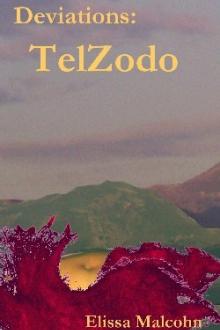
 Free Download
Free Download